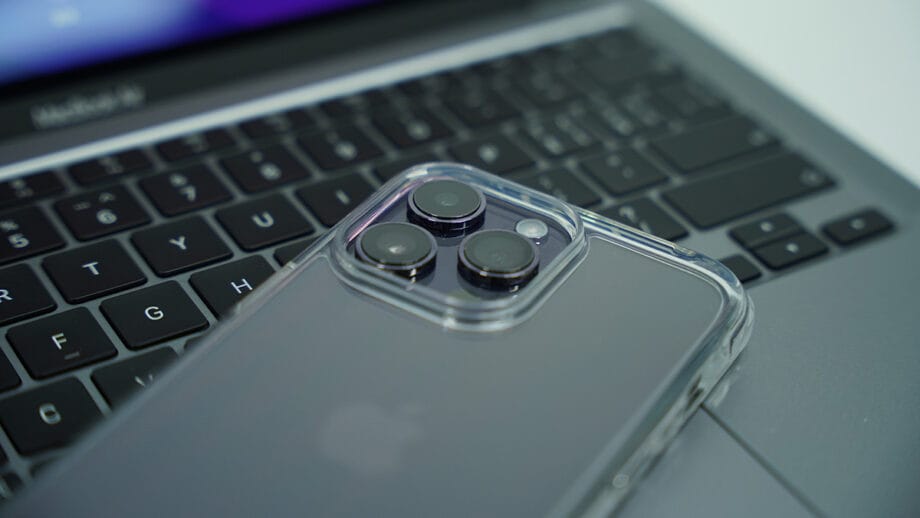Apple Targets Samsung’s Dominance in South Korea with iPhone 17 Launch
Apple seeks to penetrate Samsung Electronics’ fortified stronghold in the South Korean smartphone sector by designating the nation as a key venue for the launch of its forthcoming iPhone 17. This strategic initiative represents the second consecutive year that Apple has prioritized South Korea, following the release of the iPhone 16 last year.
The move underscores Apple’s intensified efforts to confront Samsung in its domestic battleground, universally acknowledged as a proving ground for innovative devices.
Telecommunication sources indicate that Apple is slated to reveal its latest iPhone iteration on September 9 (U.S. time), with pre-orders commencing on September 12 in South Korea and official sales kicking off on September 19 at 8 a.m. (local time).
Initially debuting the iPhone 3GS in Korea in 2009, Apple subsequently excluded the country from its primary launch calendar until the introduction of the iPhone 16 in 2024.
Since last year, South Korea has been aligned alongside the United States, Japan, the United Kingdom, and China as a forefront launch destination for both the iPhone 16 and 16e.
Notably, Apple has also rolled out localized enhancements, including Korean-language integration in Apple Intelligence and the Find My service.
Market analysts assert that this strategic pivot reflects South Korea’s critical role as a testing ground for trending technological advancements. South Korean consumers demonstrate a keen awareness of contemporary trends and do not hesitate to invest in products they perceive to offer substantial value.
A July survey involving 20,000 consumers worldwide, conducted by Ernst & Young, reveals that South Korean shoppers exhibit comparatively low brand allegiance, favoring product quality over brand loyalty. The survey highlighted that 40 percent of these consumers actively switch brands, while 31 percent display indifference—figures significantly exceeding the global average of 18 percent.
Ernst & Young characterized the South Korean consumer goods milieu as fiercely competitive, populated by a plethora of high-quality alternatives.
Apple’s decision to incorporate the South Korean market in its initial launch strategy has markedly augured well for sales. By advancing its launch timeline in the previous year, Apple augmented its third-quarter market share by 4 percentage points year-on-year.
The upcoming iPhone 17 lineup is poised to feature significant modifications. The new iPhone 17 Air will supplant the Plus model, boasting a mere 5.5 millimeters in thickness, rendering it the slimmest iPhone to date.

With Samsung maintaining a competitive edge through its ultra-sleek Galaxy S25 Edge and Galaxy Z Fold 7, the focal point of rivalry will hinge on whose refined designs can more effectively entice consumers.
Nevertheless, despite Apple’s revitalized initiative, its impact may prove muted.
In contrast to last year’s landscape, the local market has decisively favored Samsung, buoyed by robust sales from the Galaxy S25 series and Galaxy Z Fold 7. According to Counterpoint Research, Samsung’s share of the market reached an unprecedented 82 percent between January and July, relegating Apple’s share below 20 percent during the same period.
Pricing considerations remain a critical factor. Apple is anticipated to elevate iPhone 17 prices in the U.S. due to import tariffs, a decision likely to resonate through retail pricing in South Korea as well.
“In contrast to Samsung, which has largely maintained stable pricing for its new offerings or implemented only minor increases, it is almost unavoidable that Apple will adjust the price of its new line-up due to tariff challenges,” stated Counterpoint Research in a recent report.
“This potential price escalation could burden consumers, thereby heightening the probability that Apple’s total sales volume might decline relative to last year.” KoreaTimes
Source link: Communicationstoday.co.in.





